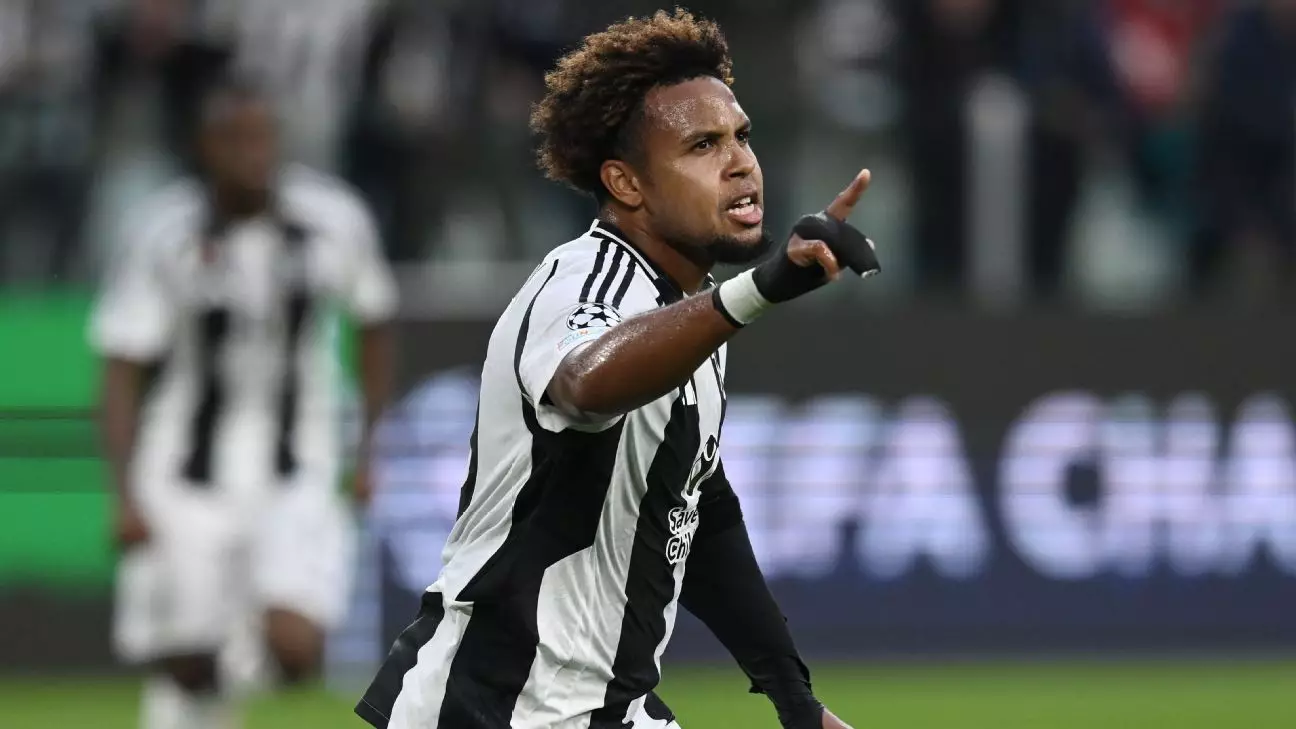The commencement of the 2024-25 UEFA Champions League season heralds a fresh format and renewed excitement for football fans across the globe. Matchday one has unfolded with action-packed games, high-scoring results, and seasoned teams flexing their muscles, as defending champions Real Madrid, along with titans like Manchester City, Bayern Munich, and Paris Saint-Germain, secured commanding victories. The implications of this revamped structure present intriguing narratives, prompting critical discourse on whether the change will influence the performance dynamics within the tournament.
Understanding the New Format and Its Impact
The restructured Champions League format primarily revolves around a league-style setup, which some suggest could lead to increased disparities in scorelines. Such concerns were raised following several overwhelming victories in the opening matches, with teams like Bayern Munich thrashing hot opponents, fueling discussions on the ethics of running up scores. The rhetorical question here is whether this new structure promotes or discourages merciless victories. Traditional rivalries and the spirit of competition somewhat dictate this dialogue.
Mark Ogden argues that within the context of a league competition, there exists a tactical rationale for amassing goals, especially when goal difference can be a decisive element in determining the final standings. He emphasizes that the competitive landscape, which features teams with vastly different resources, will lead to mismatches, making high-scoring games a recurring theme. On the other hand, Gab Marcotti counter-argues that despite the changes, the incentive to pursue goal difference is not much different than that in previous editions.
With that said, it’s crucial to examine how the players’ mindset shifts with this new framework. The pressure to perform consistently against lower-ranked teams could lead to a scenario where teams field their strongest squads, irrespective of the opponent’s stature. This raises questions about sportsmanship and respect, particularly when teams might capitalize on mismatches rather than showing restraint.
A notable trend in the initial matches was the tactical maneuvering by top clubs, particularly around squad rotations. Manchester City and others are expected to take advantage of the security that a potential qualification presents, allowing them to center their strategies around vital fixtures while treating initial matches with less gravity. This opens up a new layer of strategy within the tournament.
Ogden pointed out that elite clubs like City could deploy their second-choice players against ostensibly weaker opponents with confidence, thus somewhat trivializing the significance of early clashes in the group phase. The essence of competition may diminish as bigger clubs prioritize certain matches, leading to underwhelming performances that could detract from the overall excitement of the tournament.
This shift in competitive integrity raises concerns for audiences who expect elite performances in every fixture. Critics argue that this could create a disconnect between fans looking for exhilarating football and teams merely going through the motions to navigate the early stages.
Moment of Reflection: Impressive Performances and Disappointments
The inaugural matchday provided a melange of disappointment and triumph. Observations surfaced regarding standout performances, most notably from teams like Celtic and Christian Pulisic’s AC Milan. Celtic’s impressive win, underscored by the electrifying atmosphere at Celtic Park, highlights what the Champions League signifies to clubs not traditionally among the favorites.
Conversely, the years of prestige associated with AC Milan contrasted sharply with their pitiful display against Liverpool. Such stark discrepancies amplify the broader narrative of how the Champions League format serves as both a platform for emerging talent and a battleground for legacy clubs facing the grim realities of modern football.
Failing giants like Milan remind audiences that history does not ensure success. On the flip side, smaller clubs making marks on the grand stage beckon football fans to invest their loyalty in potential underdog stories. This duality across the landscape of the current tournament feeds into the very fabric of the Champions League— where hope and disillusion often dance along the same line.
As the 2024-25 UEFA Champions League progresses, the unfolding narratives remain compelling. Questions linger around whether the new format can maintain viewer engagement amidst rotating squads and potential mismatches, and whether teams can rise to the occasion consistently. With Manchester City’s tactical play, Real Madrid’s stubborn resilience, and emergent narratives from clubs like Girona, the tournament is poised for unpredictable excitement.
Ultimately, the changing tide in the Champions League reflects a broader evolution in football culture itself, as clubs confront a delicate balance between historical prowess and modern strategic imperatives. As teams vie for the prestigious trophy, fans remain hungrier than ever for drama and motivation that transcends the ordinary— and in doing so, rediscover the beautiful unpredictability of the sport.

Leave a Reply